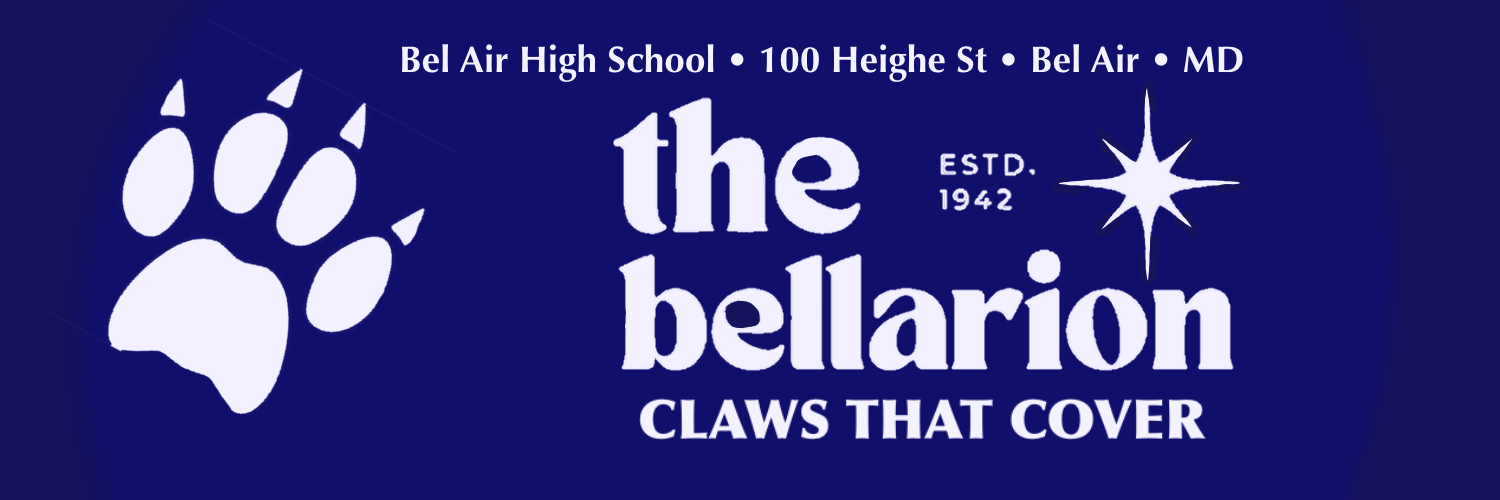Think About Pink: Companies “Pinkwashing” Products
October 29, 2014
As October comes to a close, so does Breast Cancer Awareness Month. Bel Air has been painted pink with various signage, and even window paintings from Bel Air High School’s very own National Art Society. No doubt, all of this is for a wonderful cause. Unfortunately, 1 in 8 women will develop breast cancer in their lifetime.
But, let us take a more critical look at all the fervor that comes along with breast cancer awareness. Many businesses and corporations are taking advantage of this valiant cause by pinkwashing. This term means “a company or organization that claims to care about breast cancer by promoting a pink ribbon product, but at the same time produces, manufactures and/or sells products that are linked to the disease.”
Take Estee Lauder for example. The company donated a large sum of their profits from their Pink Ribbon Collection to the Breast Cancer Awareness Fund. But, this very collection contained chemical parabens that are linked to causing breast cancer. Estee Lauder sold products to consumers, making it appear as though they were fighting for a good cause, when they actually were providing dangerous chemicals that cause the disease.
KFC also has tried to cash in on selling products for breast cancer awareness. They raised millions of dollars for the Susan G. Komen Foundation by selling pink buckets of fried chicken. Yet, animal fat has been linked to causing breast cancer in a number of studies. Also, one third of cancer deaths are connected to one’s diet. The American Cancer Society even encourages people to reduce their risk of getting cancer by eating fruits, vegetables, and low calorie foods. The British Journal of Cancer reported in their 2007 study, that women who ate the most meat were the most likely to develop breast cancer. The last time I checked, a bucket of fried chicken from KFC is the exact opposite of a healthy cancer-fighting food. In fact, British scientist, and breast cancer survivor Dr. Jane Plant says, “Undoubtedly, the best anti-cancer diet would be to go completely vegan.” I completely agree. But, maybe I’m a bit biased due to the fact that I’m a strict vegan.
Ford, Mercedes, and BMW have all created special lines of cars that feature a lot of pink, and the classic ribbon, to raise money for the cause. Although, the cars’ “internal combustion engine car exhaust contains toxic chemicals that are linked to the disease.” If these companies truly cared for fighting breast cancer, they would ensure their cars would not cause it.
So why are there so many instances of pinkwashing? Why do companies plaster their products with pink ribbons, but their products actually are an agent of the disease? The answer is simple: money. Many consumers buy pink products, thinking it will support a good cause. Businesses know that they can cash in on this and increase sales. If they truly wanted to champion breast cancer awareness, their products would not contain carcinogens and give women (and men) the disease in the first place.
It doesn’t make sense to advocate for a problem you’ve created. Trying to find a cure for breast cancer is a respectable and noble cause. The next time you’re considering buying a pink product, investigate. Don’t give business to companies that are pretending to be charitable. Think about pink.

